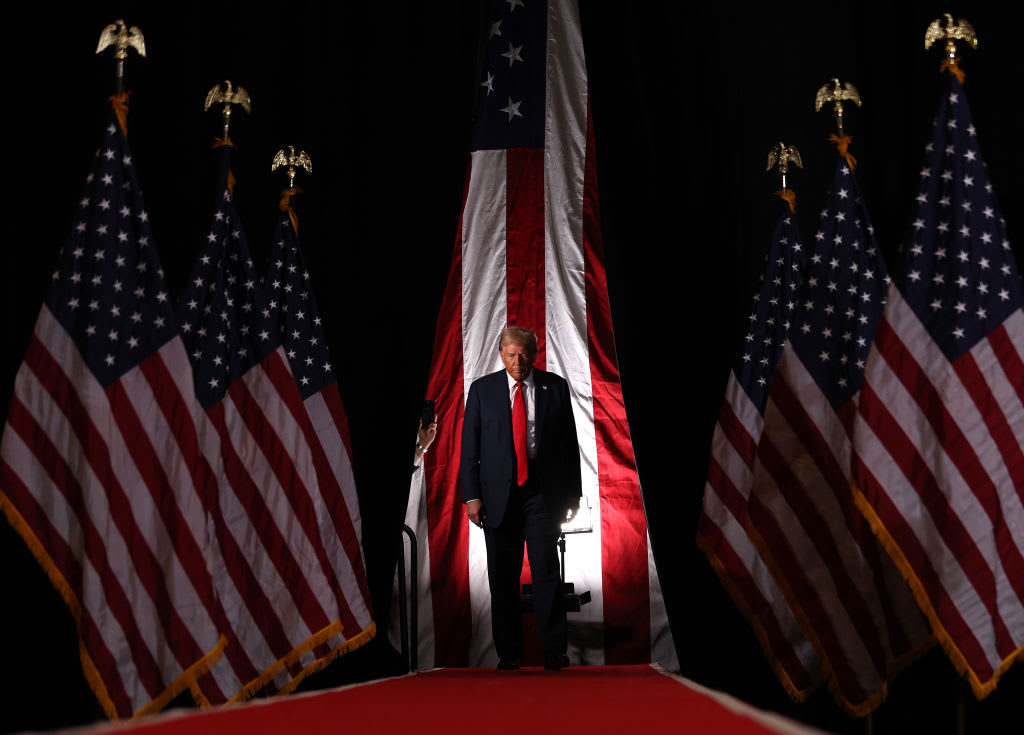TV maker secretly tracked consumers' viewing habits
TRENTON, N.J. - Television manufacturer Vizio and a subsidiary will pay $2.5 million to settle allegations that they secretly tracked consumers’ viewing habits and sold the information to marketing companies and data brokers.
The settlement announced Monday ends parallel investigations conducted by the state and the Federal Trade Commission into the use of data-collecting technology on Vizio’s smart TVs.
Acting FTC chairman Maureen Ohlhausen said in a statement that “Vizio deceptively omitted information about its data collection and sharing program. Evidence shows that consumers do not expect televisions to collect and share information about what they watch.”
The FTC will get $1.5 million and the state will receive $1 million. The state will suspend $300,000 in civil penalties included in its settlement amount if Vizio complies with the agreement.
According to legal documents, Irvine, California-based Vizio and a subsidiary manufactured smart TVs that captured second-by-second information about video displayed on the sets. The data was sold to marketing companies and data brokers to measure viewing habits, such as the effectiveness of ad campaigns.
Jerry Huang, Vizio’s general counsel, noted that the company’s automated data collection program did not link the data to people’s personally identifiable information. “Today, the FTC has made clear that all smart TV makers should get people’s consent before collecting and sharing television viewing information, and VIzio now is leading the way,” he said in a statement.
Although Vizio did not individual consumers’ names or contact information to outsides parties, the information did include such information as people’s sex, age, income, education and other demographic data, according to the FTC.
Consumers who own a Vizio TV can go to the settings menu to find information on automated content recognition, the FTC said. More information on privacy and online security are available on the agency’s site.





